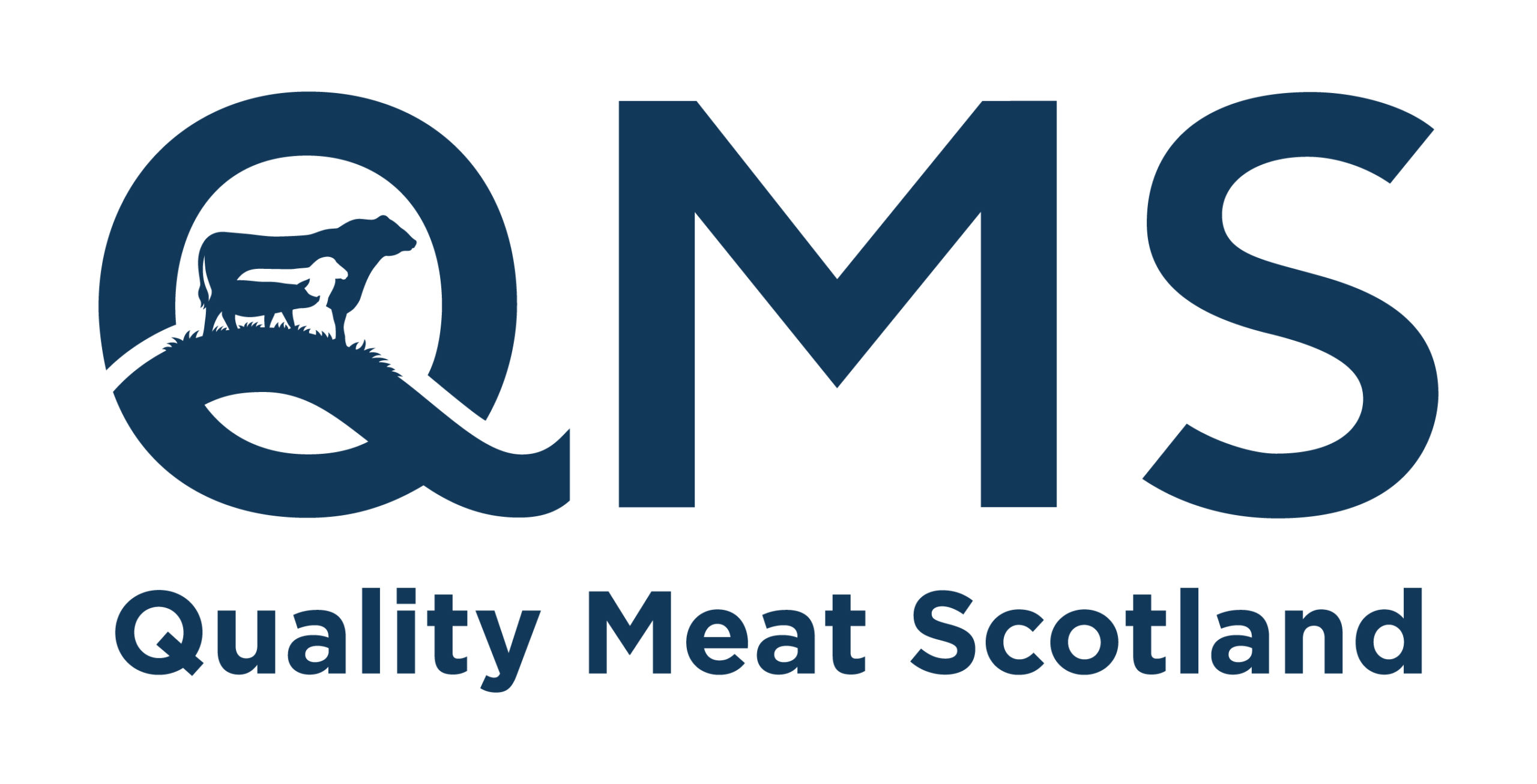In a joint levy-body effort, QMS, AHDB and HCC have produced a new manual for the control of liver fluke in grazing livestock.
With autumn upon us, now is an ideal time to prioritise fluke on your farm, as levels of infective cysts peak on pasture and increase the risk of infection to grazing livestock. Liver fluke can have a devastating effect on the health and welfare of grazing livestock and historically, control has relied heavily on the routine blanket use of flukicide treatments. This manual has been created to highlight the latest research and advice on control practices to protect livestock from potential damage posed by liver fluke.
The five farmer case studies from across Great Britain, two of which focus on Scottish farms, cover a variety of management systems and fluke risk levels. The farmers share their fluke history, main challenges and control strategies given the situation in their flock or herd. The case studies also show how working with your vet to apply testing and treatment approaches tailored to your farm achieves optimum results.
Key areas covered are:
- On-farm risk assessment to talk through with your vet
- Sustainable use of flukicides to reduce parasite resistance
- Farm management options to reduce fluke risk
- Reducing the impact that flukicides may have on the environment
Animal Health and Welfare Manager at QMS, Eilidh Corr, explains the benefits this new release can bring your farm and the wider industry:
“The risk posed by liver fluke is unpredictable, with significant variation between fields, between farms, and between years. Coupled with the ongoing challenge of parasite resistance, effective control of liver fluke needs individual risk assessment, and now is the ideal time to carry this out.
“The new guide brings together evidence-based expert guidance, which will help farmers implement successful disease control as part of a sustainable and integrated parasite management plan. We’re grateful for the expert contributions of Lesley Stubbings, Philip Skuce and Diana Williams in developing this valuable resource.”
For more information, a monthly liver fluke forecast is available through NADIS, whilst the SCOPS and COWS websites cover species specific advice.
The manual is available to view online on the QMS website (https://www.qmscotland.co.uk/).

